One of the body’s defense mechanisms is inflammation. There are two types of inflammation, acute and chronic. Inflammation happens when your body recognizes and gets rid of foreign and harmful stimuli so it can start healing. Acute inflammation occurs due to noxious compounds, microbial invasion, and tissue damage caused by trauma. On the other hand, chronic inflammation is a long-term and slow inflammation that lasts for a long period. It could last for months or even years.
The effects and extent of chronic inflammation will vary depending on what caused the injury, and the body’s ability to overcome and repair the damage. An autoimmune disorder can cause chronic inflammation, exposure to irritants over a long time, and when an acute inflammation goes untreated. Chronic inflammation symptoms include chest pain, abdominal pain, mouth sores, rashes, fatigue, and fever. This article will explain how to reverse chronic inflammation.
Change in Diet
Changing your diet can be one of the essential measures you take to back track your chronic inflammation. Refined carbohydrates, dairy, fried food, red meat, and sugar are some of the foods that cause inflammation, therefore, cut them off your diet. Your diet should instead include green leafy vegetables, fatty fish, nuts, olive oil, tomatoes, and fruits like oranges, cherries, blueberries, and strawberries.
Incorporating these foods in your diet will help reduce inflammation, and generally, a healthy diet can also improve both your emotional and physical health. You should also avoid any food that you are sensitive to. Find a healthy eating plan or consult with your doctor to see what diet would be best to incorporate to help back track your chronic inflammation.
Exercise
Exercising regularly decreases inflammation and improves immune function. Exercise at least four times a week. You can do resistance or weight training for at least ten minutes, aerobics for thirty minutes or so, take a twenty-minute walk, do yoga, cycling, and mobility exercises.
Ensure that the intensity of the exercise is moderate because a high-intensity exercise may harm your immune system. Exercising will help reduce your inflammation and help you keep fit, and improve your general well-being.
Supplements
To reverse your chronic inflammation, start taking supplements such as turmeric, ginger, probiotics, fish oil, and resveratrol. These supplements are known to aid in fighting inflammation. Obtain your supplements from a reputable manufacturer such as Standard Process and always follow the recommended dosage.
Supplements help bring everything back to balance when you have chronic inflammation. Consult your physician to know which supplements would best help and suit you.
Minimize Stress
Try and minimize stress in your life and how you respond to stressful situations. Stress does not just aggravate your chronic inflammation but can also contribute to heart disease, high blood pressure, digestive disorder, slow healing of wounds, and anxiety.
To contain stress, get enough hours of sleep, exercise, incorporate a healthy diet, and employ a relaxation response. You can implement yoga, tai chi, mindfulness meditation, focused breathing, and guided imagery. You will notice that when you do this, you are more relaxed and less prone to stress.
Stop Consuming Alcohol
If you enjoy drinking, you may want to take a break from drinking for a while if you have chronic inflammation. It would help if you also made a dietary change when you cut out alcohol. When you stop taking alcohol, your body can reduce the inflammation and also calm down. When taken in moderation, alcohol is not harmful. However, there is a very thin line between moderation and excessive consumption, especially if you have chronic inflammation. So it helps when you to cut back on it for a while.
Spices
Incorporating spices such as garlic, turmeric, ginger, fenugreek, cumin, cinnamon, and rosemary may help decrease inflammation. Therefore, whenever you are making food, try and incorporate spices and herbs as often as you can. Do not add anything that you may be allergic to. The upside of herbs and spices is that your food will also be tasty and fragrant.
Intermittent Fasting
Intermittent fasting has timed meal schedules that include non-fasting or voluntary fasting for a certain period. You could use one of three methods, a daily restricted time for feeding, periodic fasting, and alternate-day fasting. Due to this pattern of feeding, intermittent fasting has anti-inflammatory effects.
You can start with a twelve-hour fast. You can consume black coffee or water in between the fasting period. Doing intermittent fasting is beneficial to reducing inflammation, and it can also help reduce the risk of heart disease and improve brain health.
Get Enough Sleep
Getting enough sleep is good for your general well being. So, every night, try and spend less time on your phone and less time watching television. Start going to bed early. Adults should get at least seven to eight hours of uninterrupted sleep. Therefore, you should ensure that you get enough sleep every night. When you regularly sleep for six hours or less, you may trigger inflammation.
Inflammation getting triggered does not only apply to people with chronic inflammation but also healthy individuals. This may lead to higher chances of metabolic problems, leading to dementia, heart disease, obesity, and type 2 diabetes. Therefore, always ensure you get enough sleep, whether you have chronic swelling or not.
Lose Weight
Being overweight makes one prone to chronic inflammation. The more weight one gains, the more their inflammation increases. Weight gain and inflammation will lead to the resistance of insulin. However, before you start working on losing weight, you have to manage your inflammation first. Consume gut friendly food, get enough sleep, incorporate anti-inflammatory fats, and produce in your diet, eat leafy greens daily, and drink green tea.
Once your body gets back to its regular operating conditions, you can focus on losing the excess weight. You need to ensure you keep your weight in check. A lot of weight gain may trigger leptin resistance. When the leptin function is altered, your metabolism is slow, and there is an increase in appetite. These two make it hard to lose weight.
Take Care of Your Gut
You may struggle with a range of symptoms due to inflammation in your gut without knowing the cause. Improving your gut health or taking care of it will help back track your chronic inflammation. Incorporating anti-inflammatory food such as vegetables, fruits, spices, and healthy fats is a good start.
Try eliminating foods you think may be triggering your gut inflammation, such as citrus fruits, dairy, soy, and nightshade vegetables. Do this for three weeks and see if there are any notable changes. You can reintroduce the eliminated food back to your diet, one at a time, every couple of days, and note any symptoms that may occur.
Reduce your stress levels by indulging in activities that help you relax. Ensure that you are getting enough nutrients. Your body needs the essential nutrients to fight inflammation like omega 3, magnesium, B vitamins, and vitamin D. Ask your physician for a test to establish whether your body lacks any nutrients you may need.
Chronic inflammation can cause a myriad of symptoms. However, you do not have to suffer through these symptoms. You can incorporate simple changes, like the ones discussed above, to reverse chronic inflammation. Always ensure you consult your doctor before incorporating any changes to ensure they do not aggravate your inflammation.


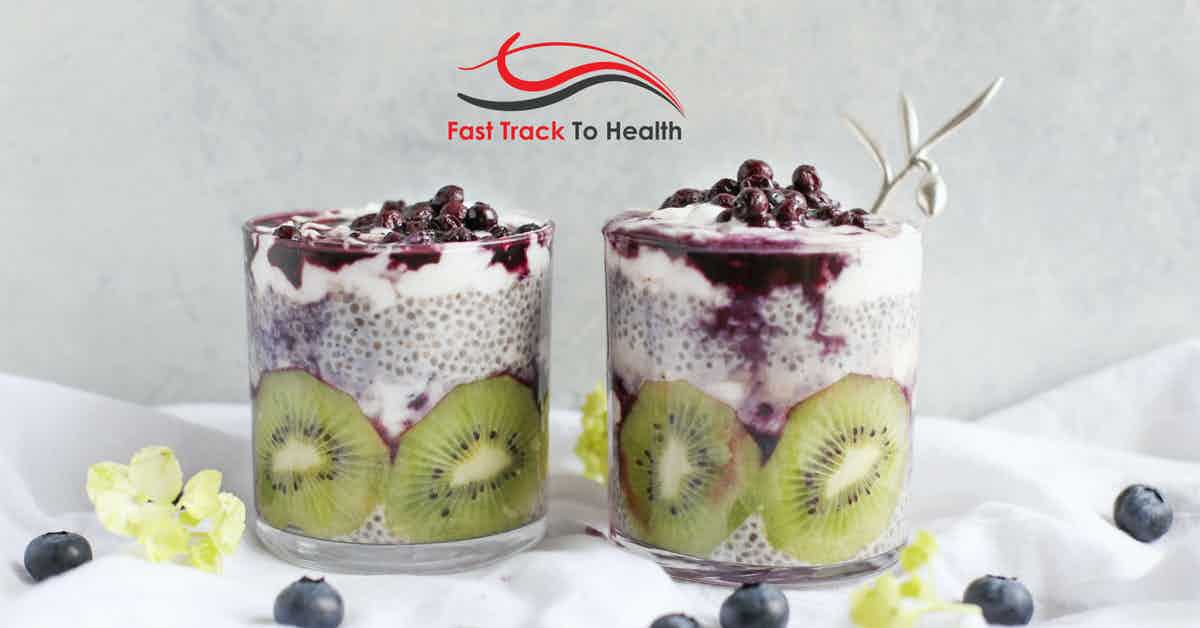
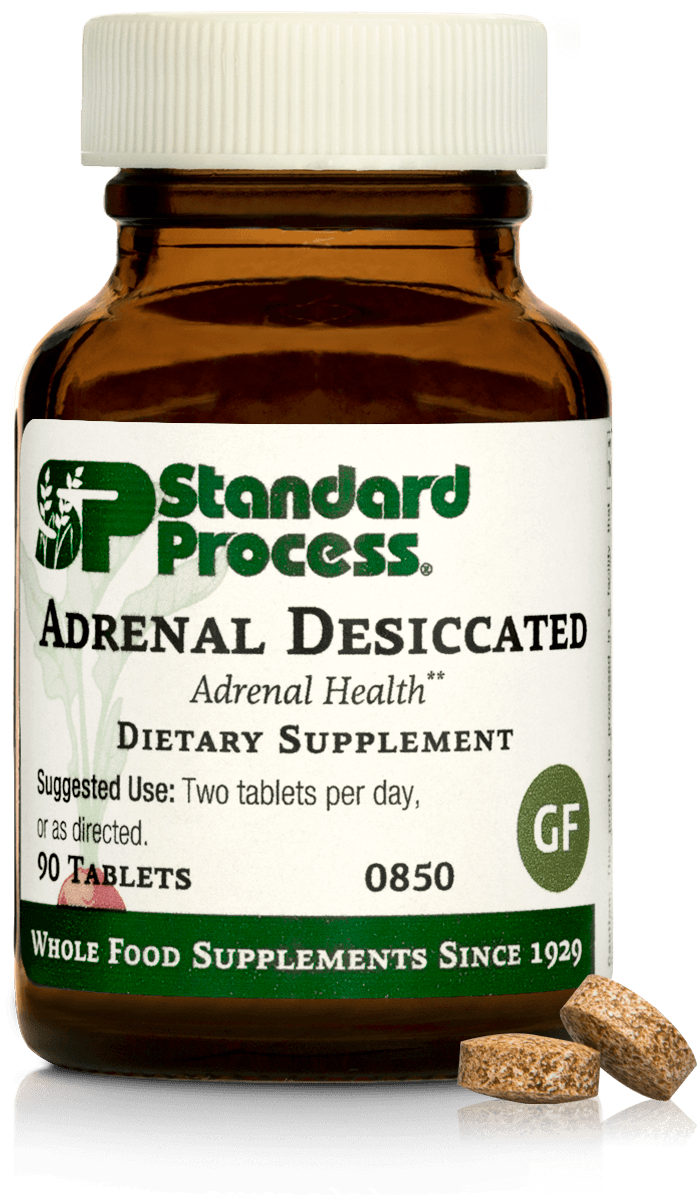
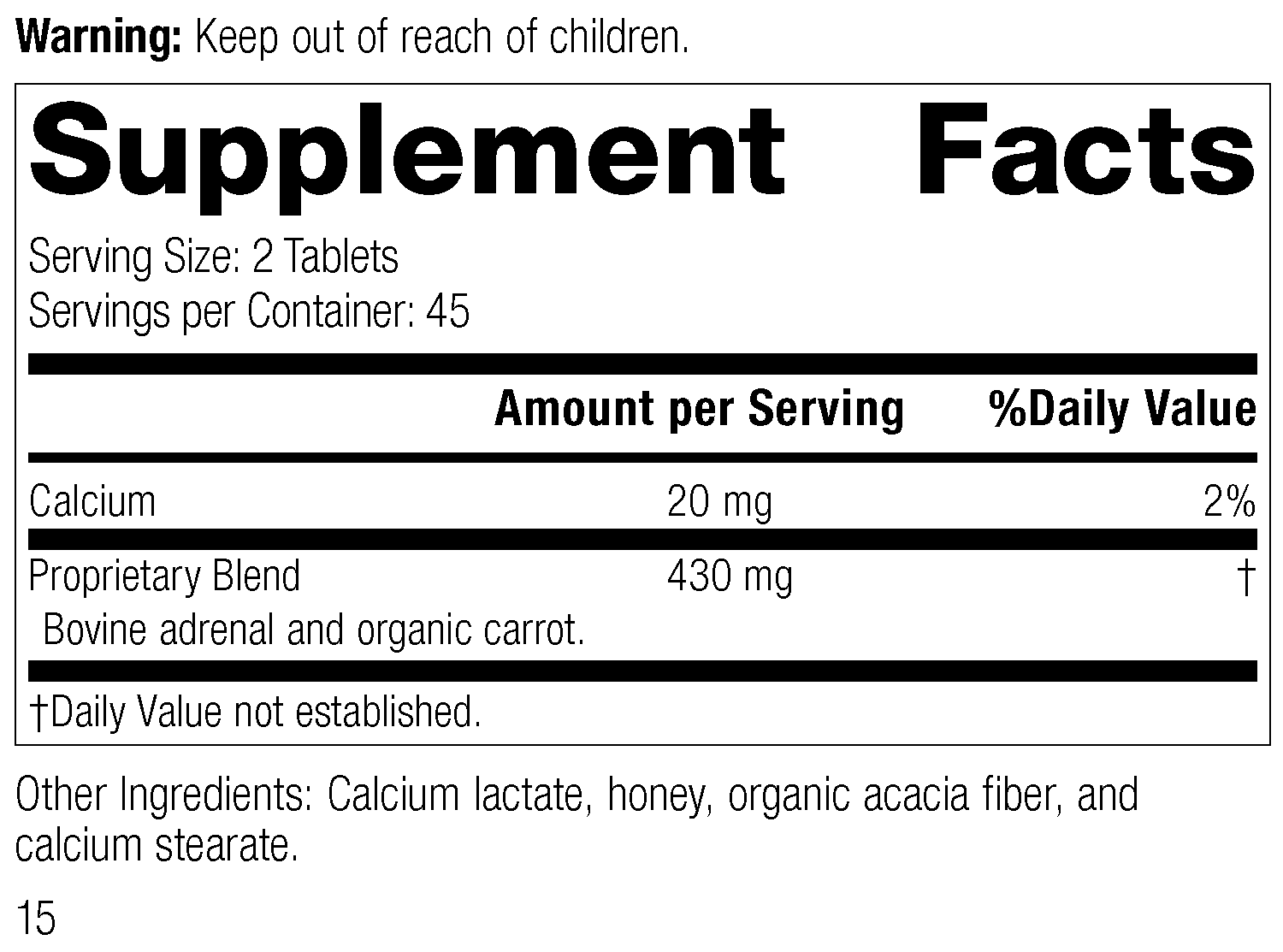
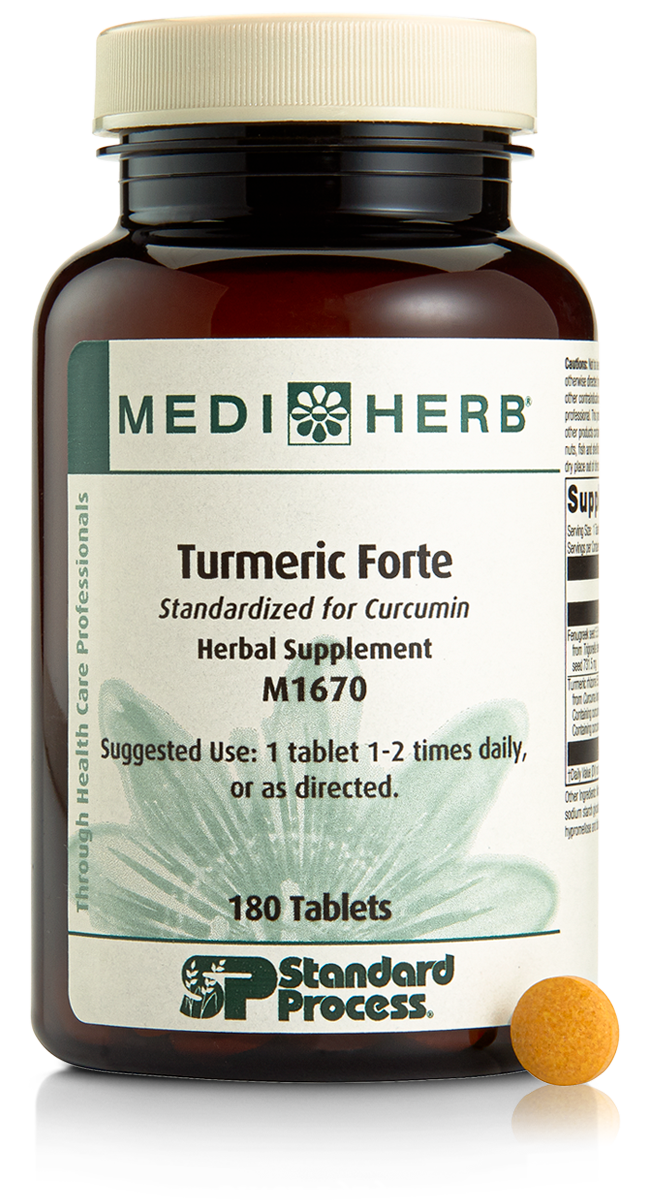
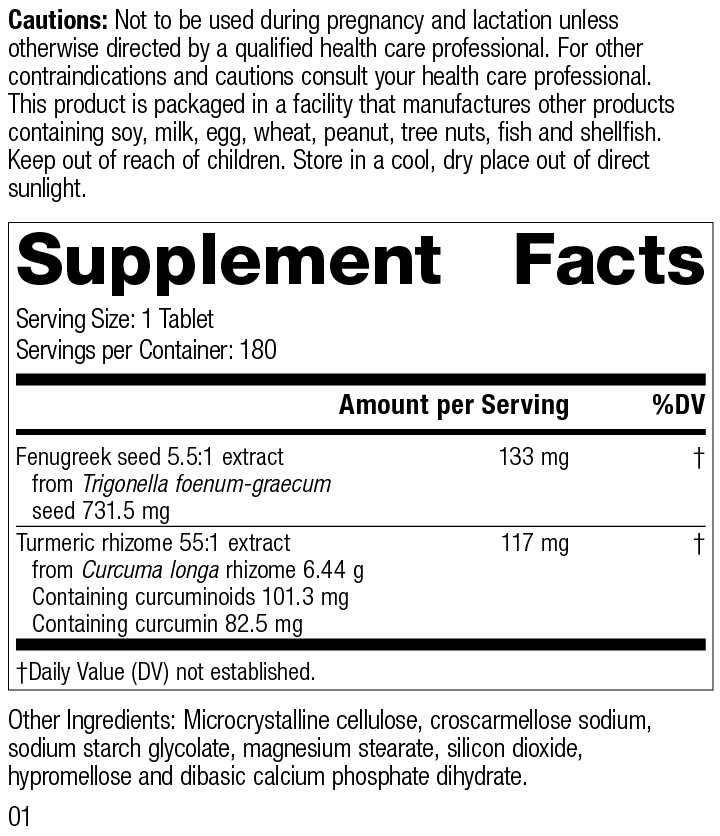
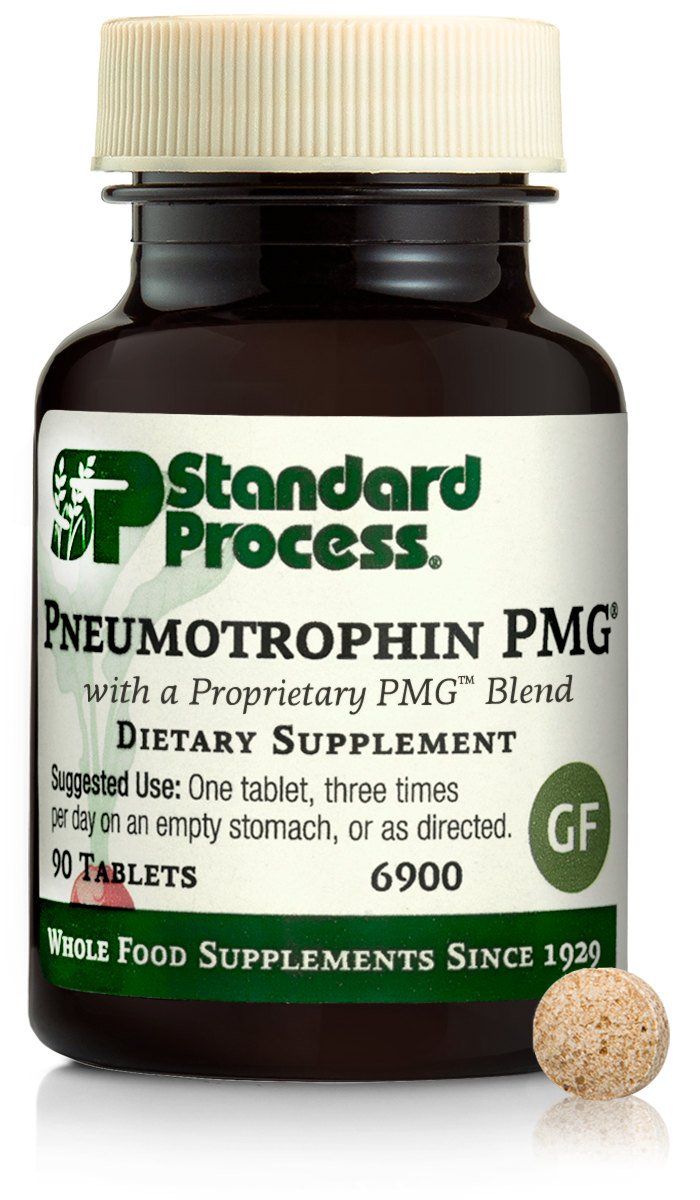
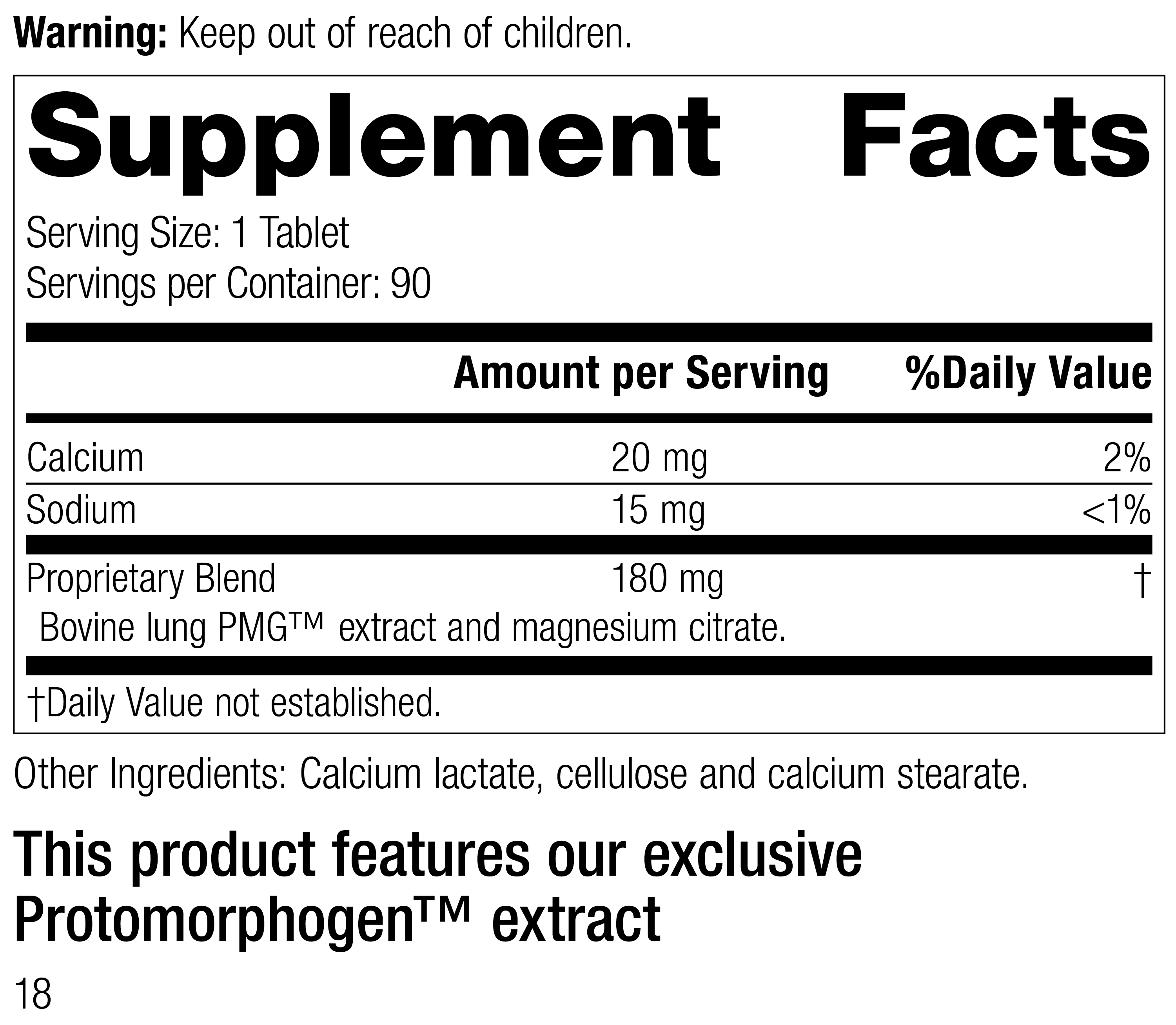
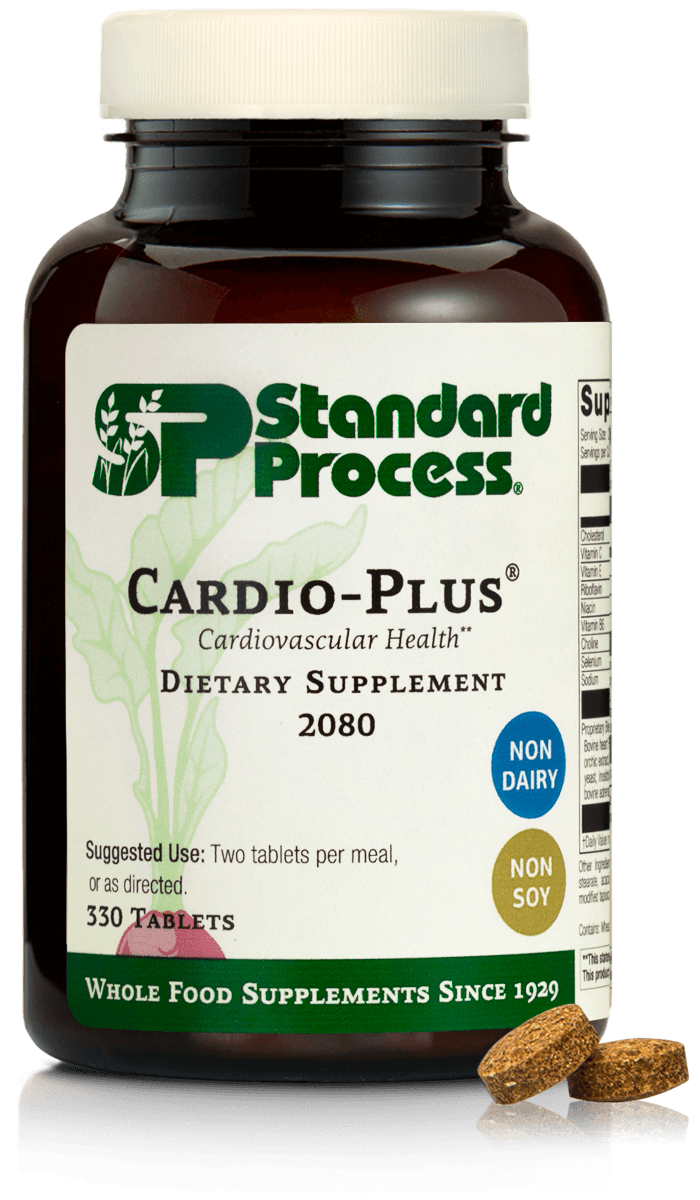
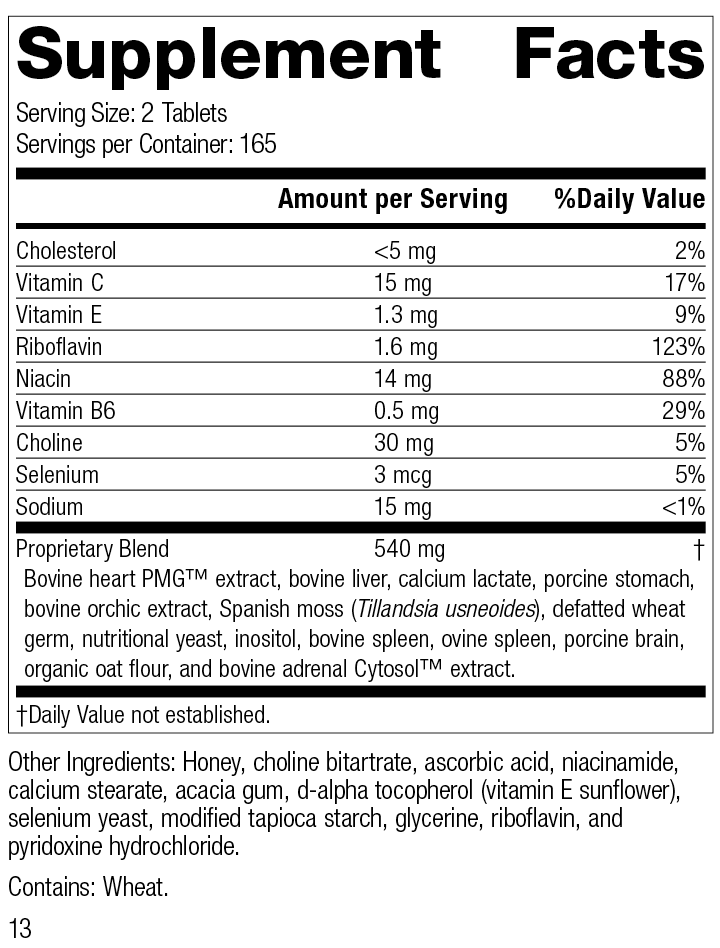
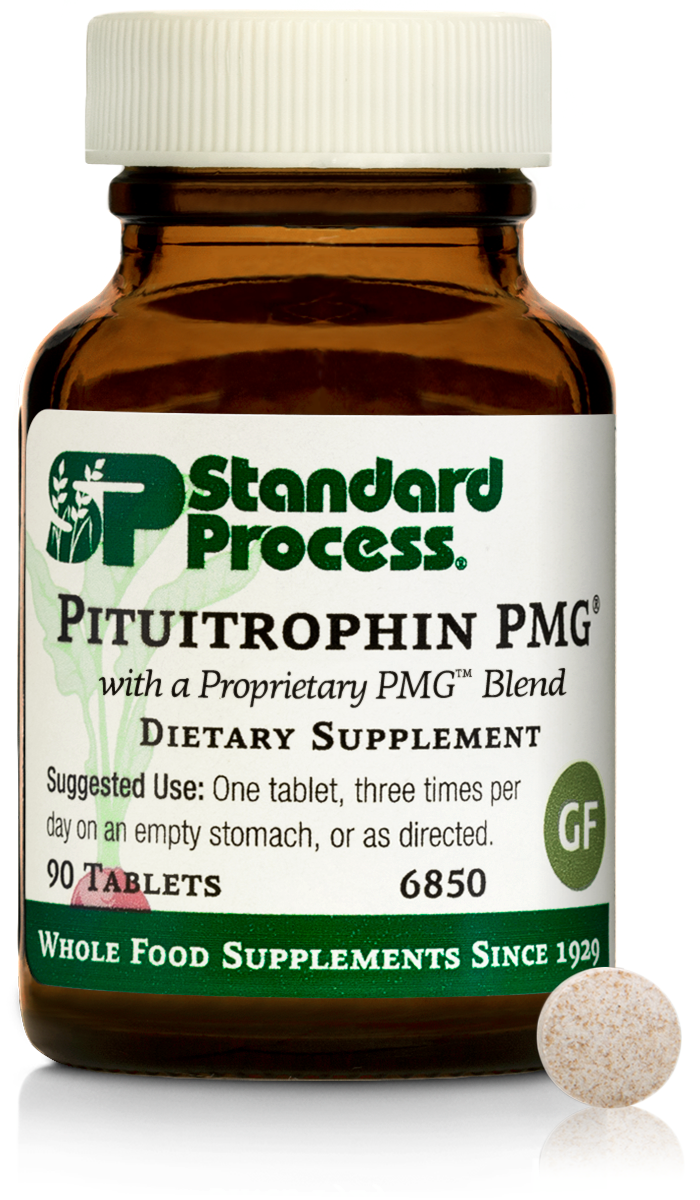
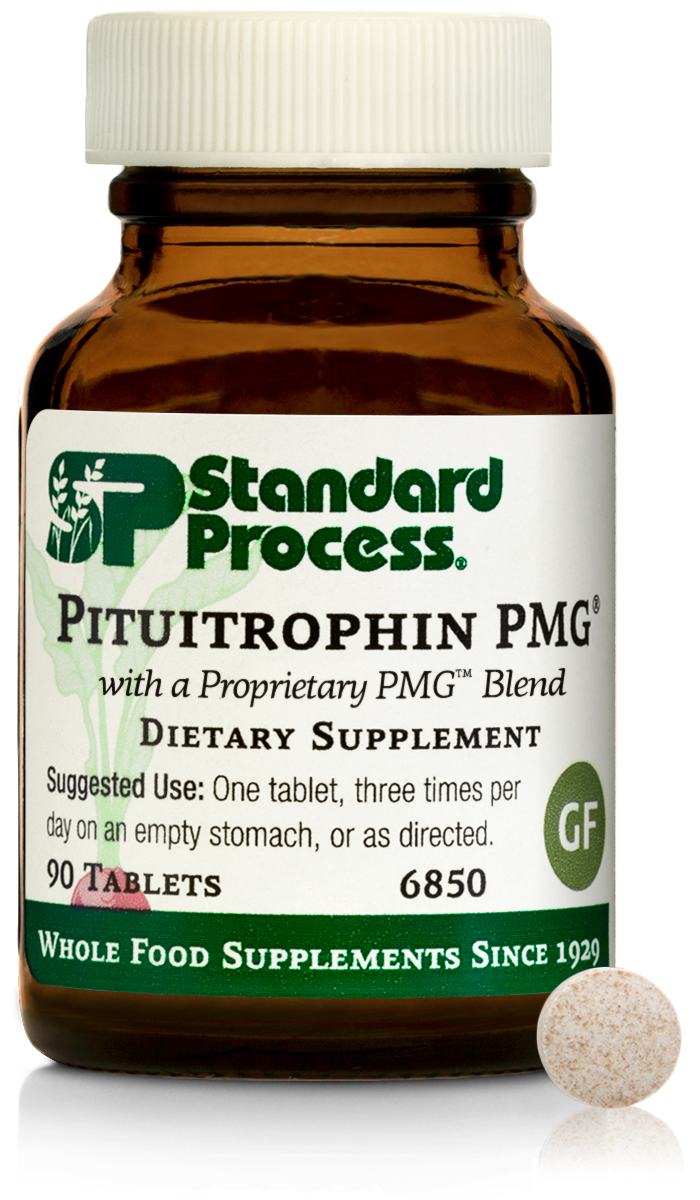
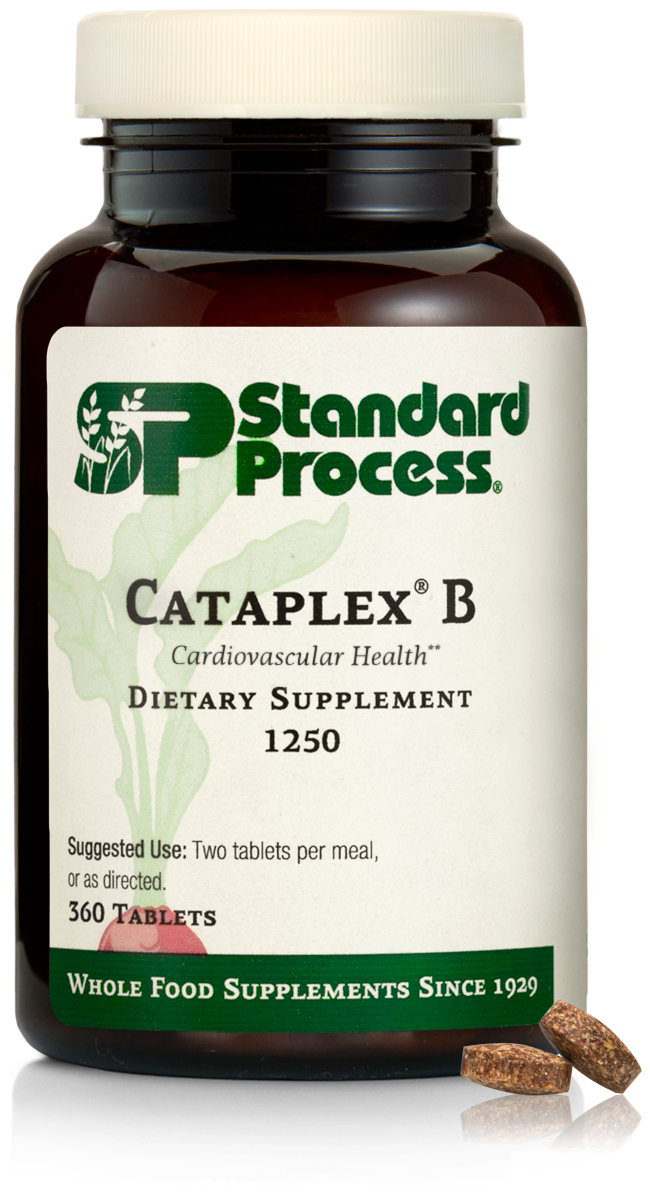
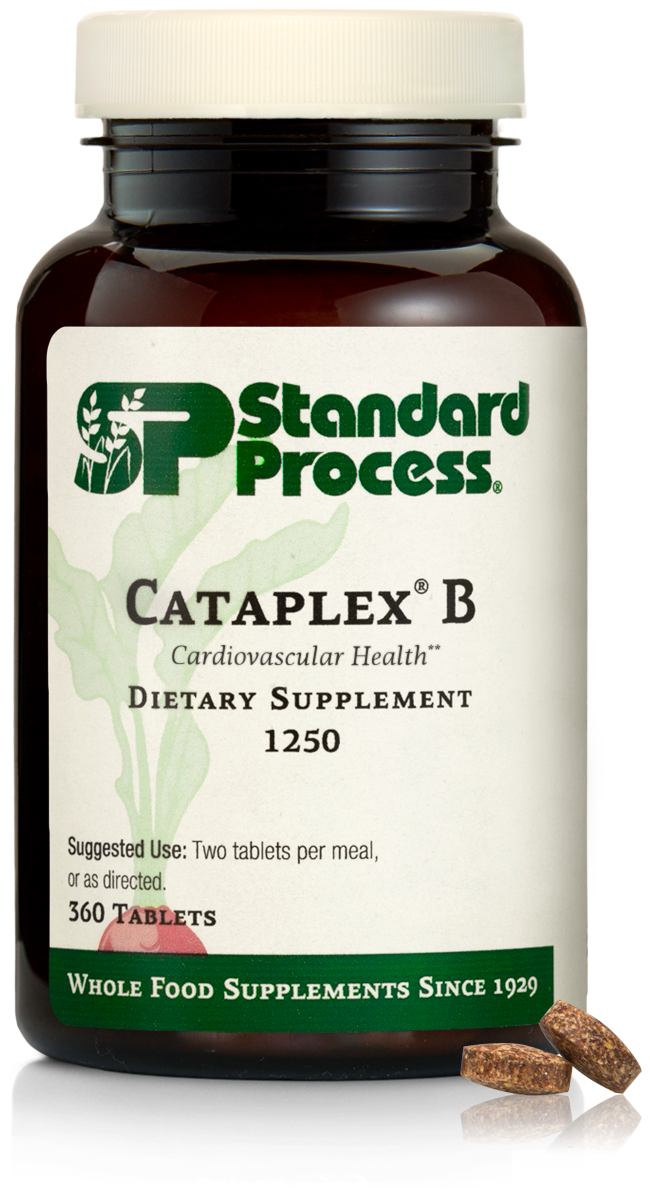
Leave a comment
This site is protected by hCaptcha and the hCaptcha Privacy Policy and Terms of Service apply.